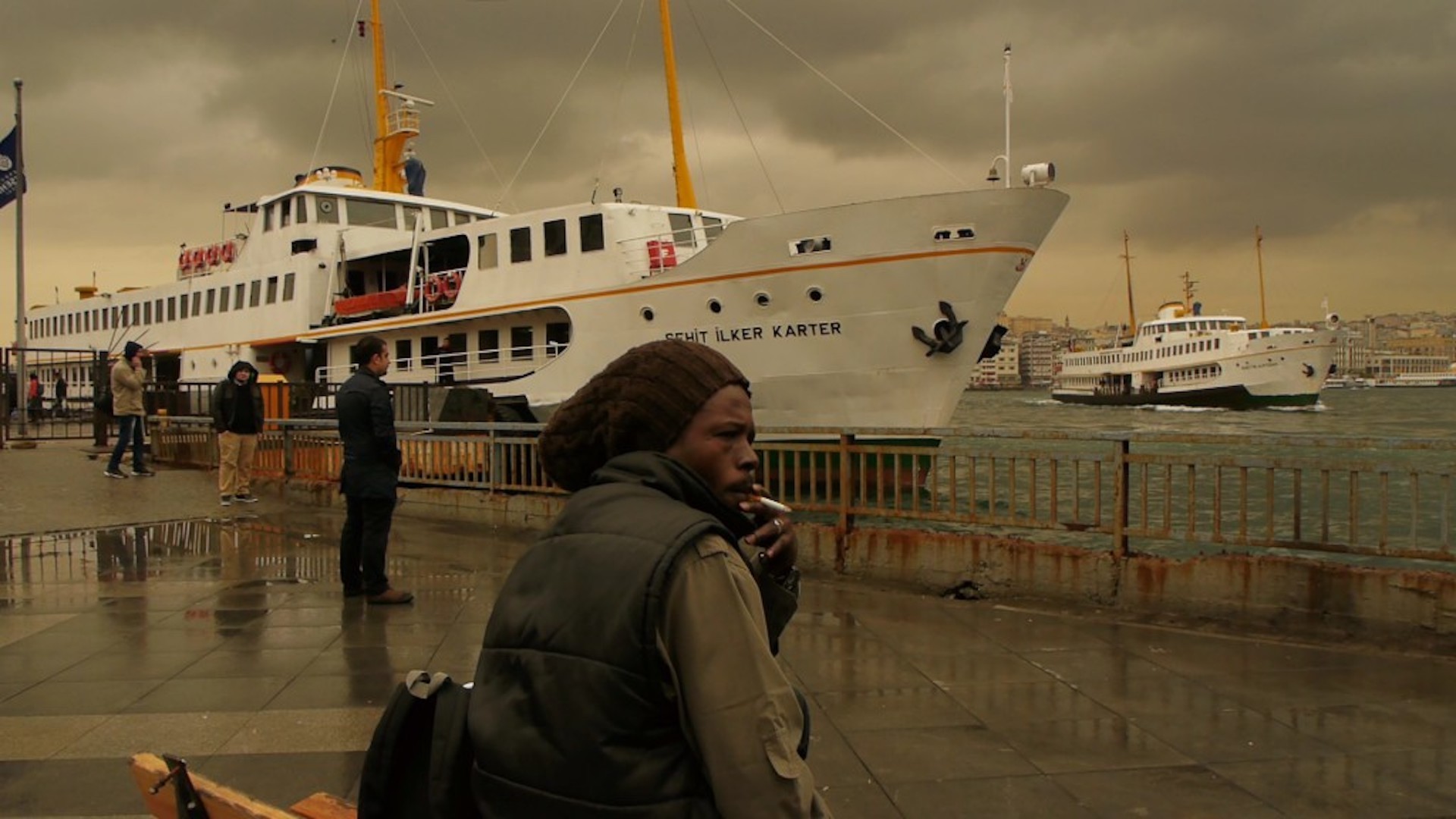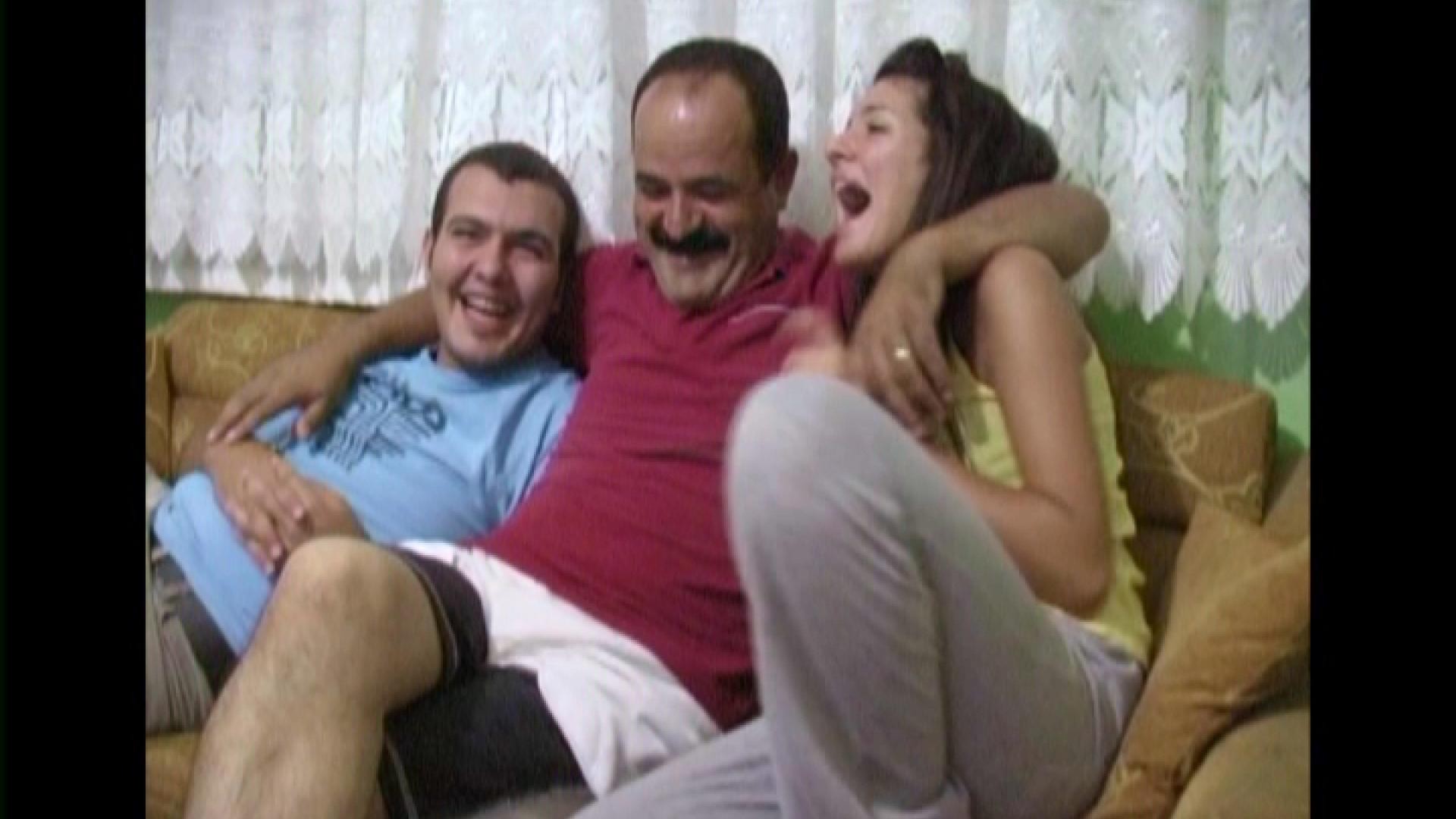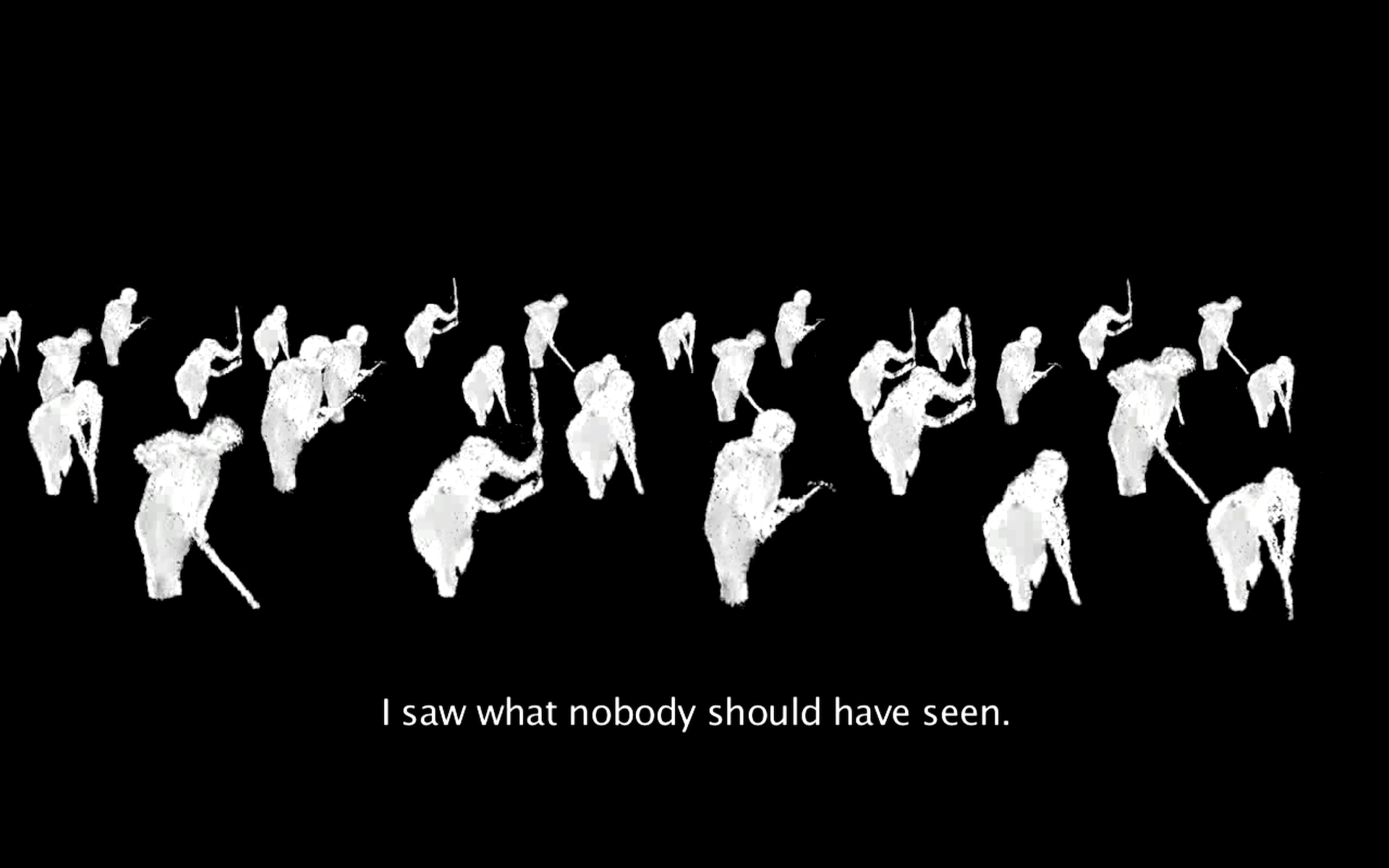Belonging: Documentaries from the Canadian Diaspora
Belonging: Documentaries from the Canadian Diaspora invites its audience to reflect on what it means to belong, and to think about the politics that surround our position within a place we choose to call home. Working on this project during a time of travel restrictions, curfews, and incessant isolation from my family, I was heavily inspired by a question posed by Avtar Brah: “When does a location become home? What is the difference between ‘feeling at home’ and staking claim to a place as one’s own?” Perhaps this question resonates louder now, when many of us have been forced to reckon with the imperfections systemically embedded within the homes we have chosen. Within the walls where we once staked a claim, even if it never felt like home. Where now we stake our claims to make a place the home it promised us it would be.
For the filmmakers in this program, Canada represents many different things – from the mundane, to the painful, to the exceptional. For this reason, it is vital to me to acknowledge that these films are first and foremost Canadian. They may not look Canadian, many of them are not even filmed in Canada, but these are stories of people who at some point in their lives have tried to stake their claim to Canada as their home. Recognizing these stories as Canadian opens the door to a necessary conversation about who is included in national histories, in Canada’s national imagination, and where perhaps has Canada failed to be a home for many of its peoples.
For me personally, the question of belonging has weighed heavily for most of my life. I was born in India, but raised in Cambodia, where I no longer have any roots because my family moved to East Africa ten years ago. Ironically, it’s hard to find any roots in East Africa because I was living in Singapore when my family moved there. My mom used to say that my home is where my parents are, but my dad says it is time I make my own home. So now I live in Canada, hoping that some little corner in this large country accepts me, while I sit on the fence about accepting it. In many ways then, programming this selection of films was not just an opportunity to contribute to the VCR’s collection – it was also an opportunity for me to learn about Canada, from perspectives that mean something to me and hopefully to those sitting on that fence with me.
Unintentionally, all of the films that resonated with me ended up being documentaries. During my time as a graduate student, I was always drawn to nonfiction filmmaking, but in the process of this Residency, I finally realized where that inclination comes from. From its beginnings in the early 20th Century, documentary filmmaking has been a process of objectifying a subject, creating a distance in order to construct an aura of authority over a subject matter – more often than not, another human being. A human being visibly different than the filmmaker, in many ways – the more the better. Like other tools of the Empire, filmmaking too, served to assert power. To intentionally misunderstand our stories and re-represent them in ways that served those who ruled. This is why nonfiction diasporic filmmaking is so powerful, and so important. The films presented here, and countless others like them, study the self. Unsurprisingly, family, family footage and home photos, stories of fathers and mothers, conversations with family, are central to almost all of the films in this program. In turning the camera towards the mundane intimacy of private life, all of the films in this selection make space beyond what is quantifiable and classifiable and observable. They unravel the idea that anyone is knowable, and in seeing these films as part of Canada, they unravel the idea of Canada itself as a knowable, homogenous society.



 Still from Call Shop Istanbul a film by Hind Benchekroun and Sami Mermer (2015)
Still from Call Shop Istanbul a film by Hind Benchekroun and Sami Mermer (2015)
 Still from Under Two Skies a film by Zayne Akyol (2010)
Still from Under Two Skies a film by Zayne Akyol (2010)
 Still from May I Live in Peace a film by Paul Tom (2010)
Still from May I Live in Peace a film by Paul Tom (2010)